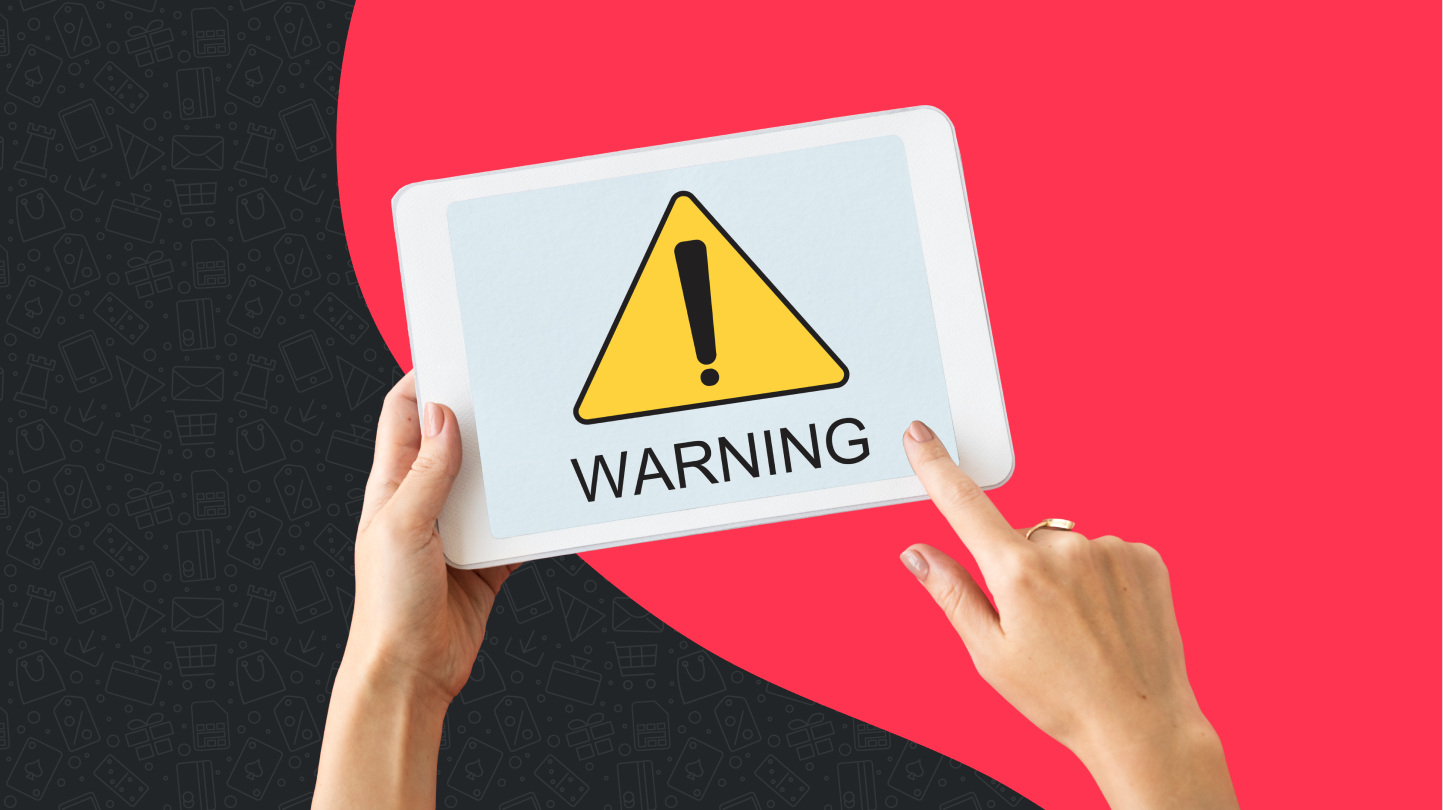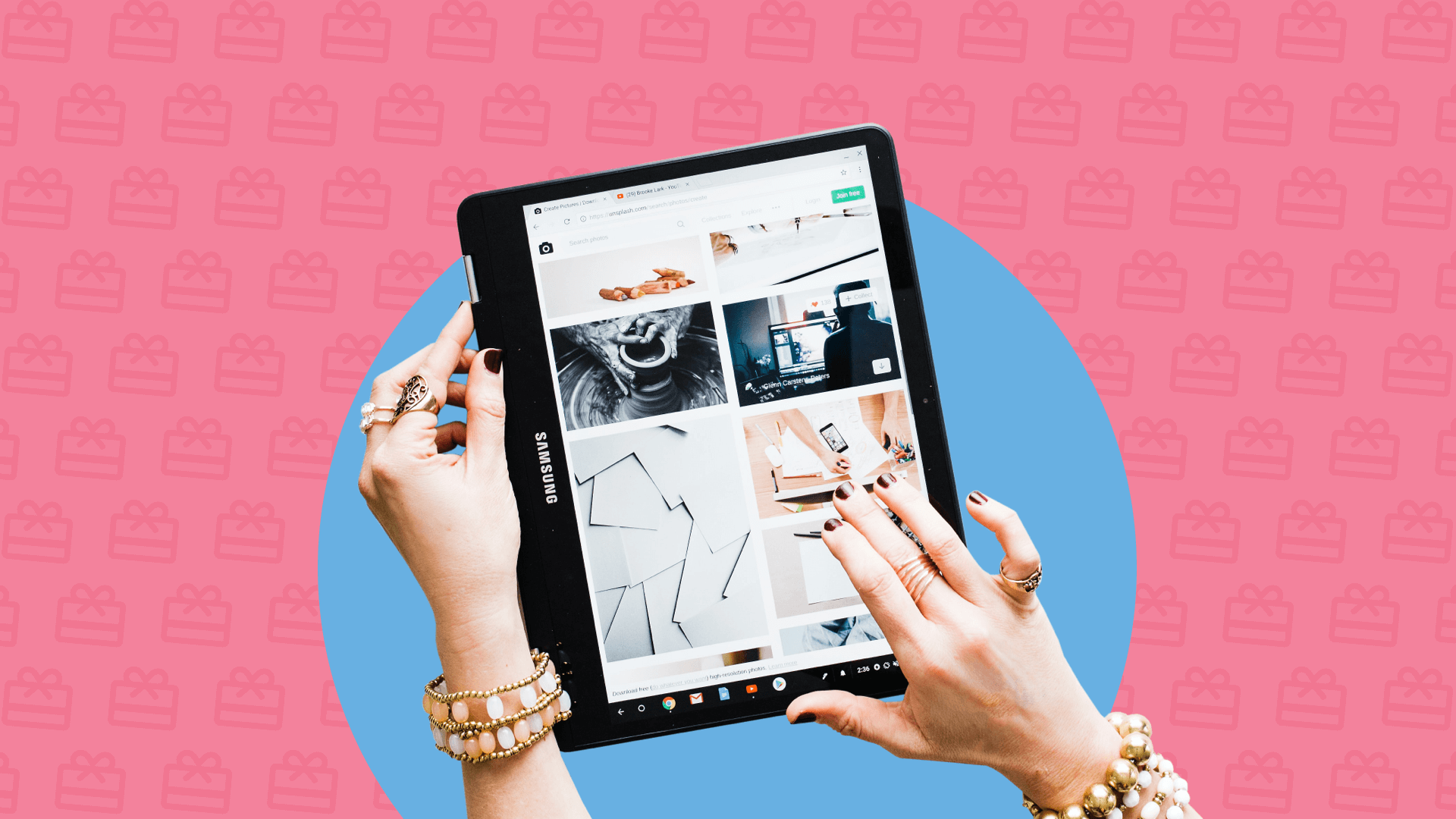Who has time anymore to browse the aisles or venture to the store on a daily basis? Increasingly hectic schedules and the easiness of online retailers like Amazon have made most of us consumers switch to online shopping. After all, studies show that a staggering number of people do most of their online shopping straight from their mobile devices. And even though any internet security professional will tell you it’s much safer to shop from your computer (because it is more secure and is easier to detect problems), these days, chances are most of us are still going to reach for our cell phone or tablet to do some shopping. So, if you make any online purchases from your mobile device, be sure to follow these important safety tips to keep your personal data and your money safe and secure.
Update Your Operating System

If you have been ignoring that irritating software update notification for your Android or Apple device, update it ASAP! Running out-of-date operating software leaves you vulnerable to viruses and other problems. Make sure that you don’t swipe away those notifications when an update is available and install it immediately.
Use Strong Passwords
Having strong passwords that are different for each website or app that you use is very important. Choose something that cannot be easily guessed and change important ones like your bank account and email frequently. It is also important to lock your phone with a passcode, fingerprint or face recognition so that no one can access your personal or financial information. And if your device is lost or stolen, the culprits will not be able to unlock it.
Don’t Use Public Wi-fi

While it’s convenient and easy to log into the free wi-fi in the airport or your favorite coffee shop, be aware that these are still public networks, meaning, prime targets for cybercriminals who want to steal your credit card number or other info. If you do use a public wi-fi network, NEVER make purchases or log into email or other important accounts while you are connected. We strongly recommend using a virtual private network (VPN) or hotspot when you don’t have access to a secure network.
Trade the Debit Card for a Prepaid Card
Many people like to use their debit cards to avoid running up large credit card bills, but debit cards should never be used for online purchases. Since your debit card is linked to your bank account, anyone who gets access to it would be spending your actual money! If someone steals your credit card information, the fraudulent charges are typically reversed by the credit card company within days. That is not usually the case when a debit card is stolen, and fraudulent charges can take months to dispute and recover. Consider using methods such as prepaid payment cards, PayPal or Google Pay to keep your card information confidential when shopping online.
Only Download Trusted Apps

Before downloading an app, look into it further in the app store before installing it straight away. Read the reviews and be aware of the details and the information that it is requesting. Apps not downloaded from a trusted app store could contain malware that is used to steal your protected information. It is also smart to delete any apps on your phone that you no longer use.
Shop In a Browser, Not On an App
Turns out apps are much easier to hack than browsers, so always shop in a browser. Don’t make a purchase unless you see the “https://” in the address bar; as the “s” stands for “secure.”
Protect Your Personal Data
Be aware of who you share your personal data such as your phone number, email, and mailing address with. If it seems like a retailer or other business is asking for too much information, follow your instincts and find another place to spend your money.
Always know who is contacting you as well. If you get a random unfamiliar email or text asking for immediate action, it is probably a scam. If you are ever unsure or wary of who is emailing or texting you, simply don’t respond.
Install Anti-Virus Protection
Anti-virus software isn’t just for your PC. In fact, your phone is basically a smaller computer, so why wouldn’t you give it the same level of protection? There are many reputable companies that offer antivirus apps for your mobile device to protect you from malware and other threats.
Shop Safe Out There

While it is recommended to make purchases on a computer when you can, we know that shopping on mobile devices is still the most popular choice. Your phone is probably never far out of reach and who can deny the easiness of click-to-buy? So, if you are going to buy online from your phone or tablet, do it safely and securely by following our expert mobile security advice.






